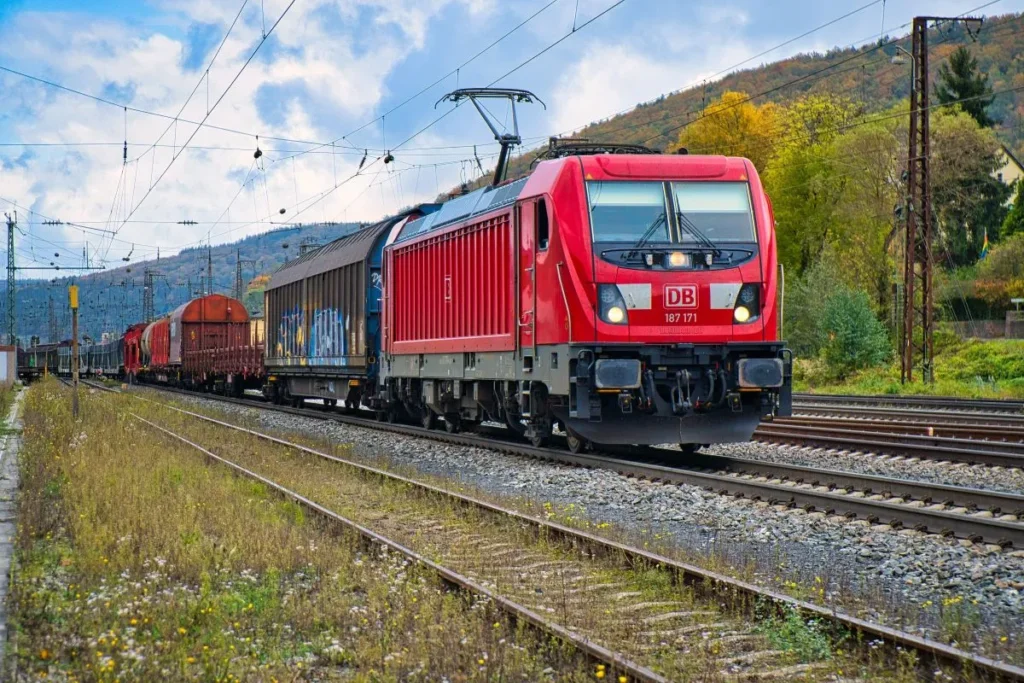The freight transport division of Deutsche Bahn has been working on extensive transformation plans for some time. Among other measures, combined transport is to be outsourced to subsidiaries of DB Cargo, and the management board will undergo reorganization. Job cuts are also part of these plans.
In October, DB Cargo reached an agreement with works councils and the Railway and Transport Union (EVG) on cutting 2,300 jobs. However, this number has now doubled as the company aims to return to profitability by 2026.
“The current economic forecasts mean that we expect a loss of 5,000 jobs by 2029,” said DB Cargo CEO Sigrid Nikutta in Deutsche Bahn’s latest statement.
Nikutta aims to achieve this primarily through natural attrition and the DB internal labour market.
“By 2024, around 1,000 employees will have left the company, mainly due to the retirement of the baby boomer generation. Additionally, approximately 650 colleagues have been offered new positions within the DB Group. Furthermore, around 700 employees will leave DB Cargo as part of a voluntary exit program. This reduces the remaining adjustment requirement to about 2,500 jobs over the next five years,” Nikutta continued.
Sharp criticism from EVG
“Unfortunately, it is typical for DB Cargo that you cannot rely on the promises of management. The bad news always comes in small pieces,” commented EVG board member Cosima Ingenschay, who is also deputy chairwoman of DB Cargo’s supervisory board, to the Berliner Tagesspiegel.
“Sending away everyone who isn’t on top of their game is not the right approach,” Ingenschay added. This strategy would also result in the loss of many employees who are urgently needed for future growth.
There is a significant risk that more and more freight transport will shift to roads in the coming years. “This is a fatal signal for the transport transition,” Ingenschay warned.











